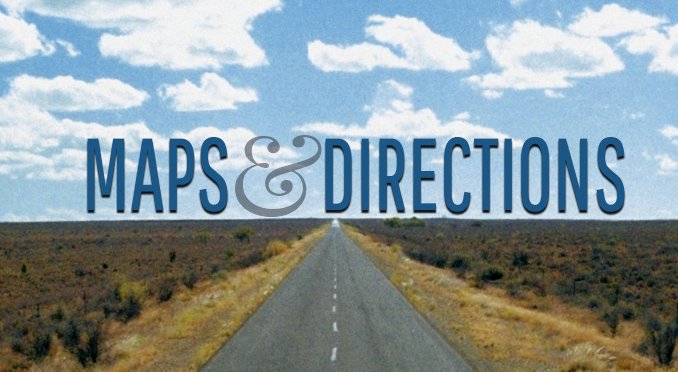How to write an obituary. (Pro Tip: Use a template)
An obituary is both an announcement of someone’s passing and an important element of saying goodbye to a loved one. A good obituary includes the basics: name, age, date of death, arrangements. A great obituary describes unique aspects of the deceased’s life and personality. Accomplishments, hobbies or passions paint a fuller picture of your loved one, particularly for those who didn’t know all sides of the person. In this way, you are recognizing and honoring your loved one’s life while acknowledging the need for survivors to grieve.
Writing an obituary isn’t always easy, but some simple practices will help you craft a touching, memorable article about your loved one, according to Kelly Carey, who oversees operations at Codey and Mackey Funeral Home in Boonton and Codey Funeral Home in Caldwell.
Kelly shared these tips on writing an obituary.
Start with a Template
Staring at a blank screen, your mind racing with the many different things you could (but should you?) include, can be especially overwhelming when you’re already grieving.
Kelly advises using a template, which keeps information organized and ensures you don’t leave out anything important. “If requested, we start the obituary for our clients,” Kelly says, “and they can flesh it out with details. Doing this makes it easier to get their thoughts flowing and helps the words truly represent the loved one.”
Adding or removing information is simplified with a template for guidance, and the internet has plenty of options to get you started. You might also look at examples in the local paper or online. Or maybe you’ve saved an obituary that touched you at some point in your life. Now’s a good time to revisit that and see if you can recreate something in the same style that captivated you.
Talk to the Deceased’s Loved Ones
The obituary author may have known and loved the deceased as a spouse, a dear friend or a grandparent. But did they know the person as a musician or as an employee or as a youthful adventurer?
“Speak to people who knew the person during all life stages, if possible,” Kelly says. “Including these folks will make the obituary a more well-rounded representation of the person.” This approach practically guarantees you’ll learn interesting, fun or enlightening details that will surprise and maybe amuse family and friends at an otherwise somber time.
Maybe they saved a drowning toddler one summer when they worked as a town pool lifeguard. Maybe they were a military hero, a marathon runner, a skydiver or a regular guy or gal who met the president.
Include the Right Amount of Detail
Obituaries shouldn’t be solely about a person’s education, awards and accomplishments. They shouldn’t be overstuffed with personal details, either. Balance is the key.
“It’s touching to include what a person was like in their life,” Kelly says. Were they generous, witty, intelligent, passionate, tenacious? Did they love art, nature, travel animals? Including certain attributes adds warmth to an obituary, but don’t go into much detail with the personal stories. “Save those for the eulogy,” Kelly says.
While writing an appropriate obituary might seem daunting, the act can be one of catharsis as well as honor. Putting your loved one’s life into words is a lasting way to share someone with others. Using a template, speaking with survivors from your loved one’s different life stages and writing from the heart will help you share an accurate representation of the person and serve as a touching memorial.
For more information on writing an obituary, contact us at Codey & Mackey Funeral Home at (973) 334-5252. It is our privilege to help you get started.




